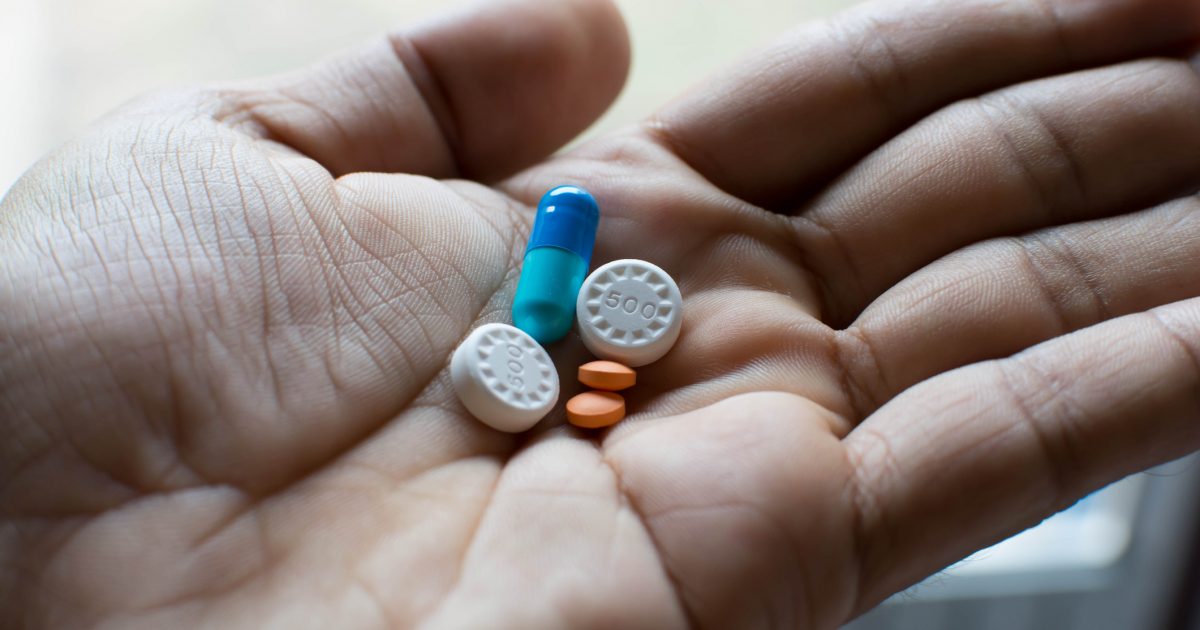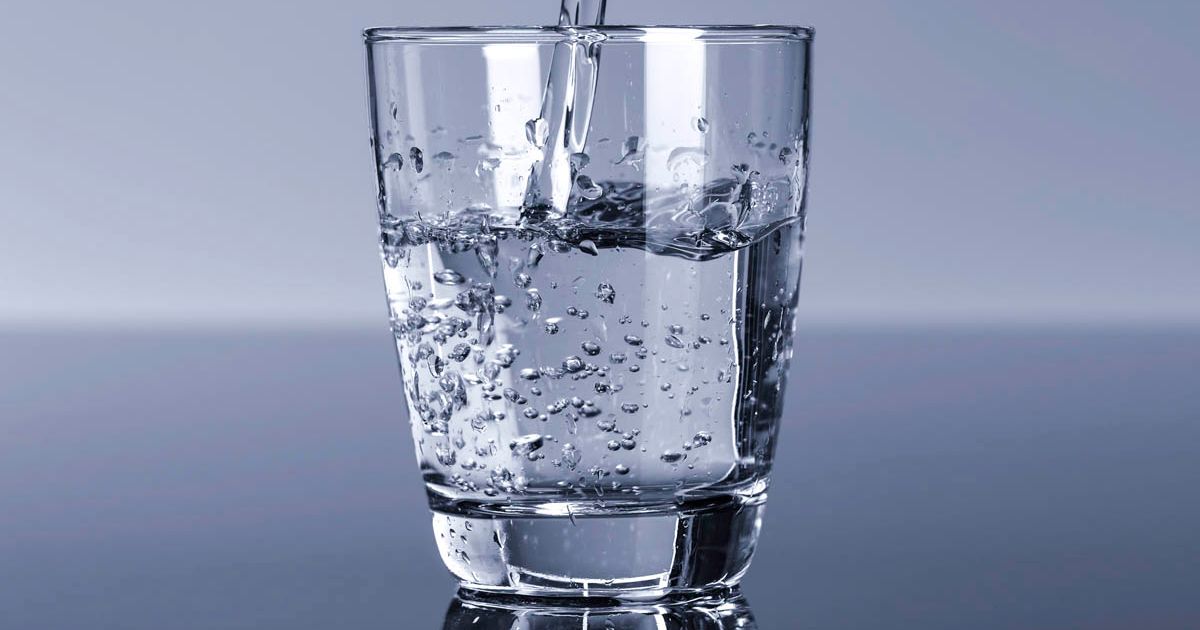Treatment For Nosocomial Infections
Take Recommended Antibiotics

Patients with nosocomial infections will need to take recommended antibiotics. Antibiotics, alongside removing any devices in the body, are the first line of treatment for many of the most common nosocomial infections, including pneumonia, MRSA, and urinary tract infections. While patients are in the hospital, they may be given antibiotics through an intravenous line, and these antibiotics may be continued orally once patients are discharged to recover at home. The specific antibiotics given will depend on the type of infection a patient has, and a combination of antibiotics is sometimes needed. Intravenous lines for the delivery of antibiotics will be monitored extremely closely, particularly when dealing with a nosocomial infection, to prevent further complications.
Get the details on more options for treating nosocomial infections now.
Increase Fluid Intake

Patients undergoing treatment for a nosocomial infection will be highly encouraged to increase their fluid intake. Increased fluid intake increases urine output, allowing the body to eliminate toxins more efficiently. Patients in the hospital will likely receive saline or other fluids through intravenous lines, and they will be advised to drink as much liquid as they wish. While water is best, juices, smoothies, tea, and even soda can all count for the patient's overall fluid intake. Some patients may also wish to drink milk. For patients who have difficulty swallowing, sucking on ice chips or popsicles can help, and patients may also wish to consume foods with a high water content such as soups, fruits, milkshakes or nutritional shakes, yogurt, and ice cream.
Patients will have their urinary output monitored while in the hospital, and healthcare providers will be able to accurately assess whether patients are adequately hydrated or not. Patients who are concerned they may be dehydrated or at risk for dehydration should ask their healthcare team for an examination. Signs of dehydration include dry skin, mouth sores, decreased sweating, and decreased urine output.
Learn more about how to treat nosocomial infections now.
